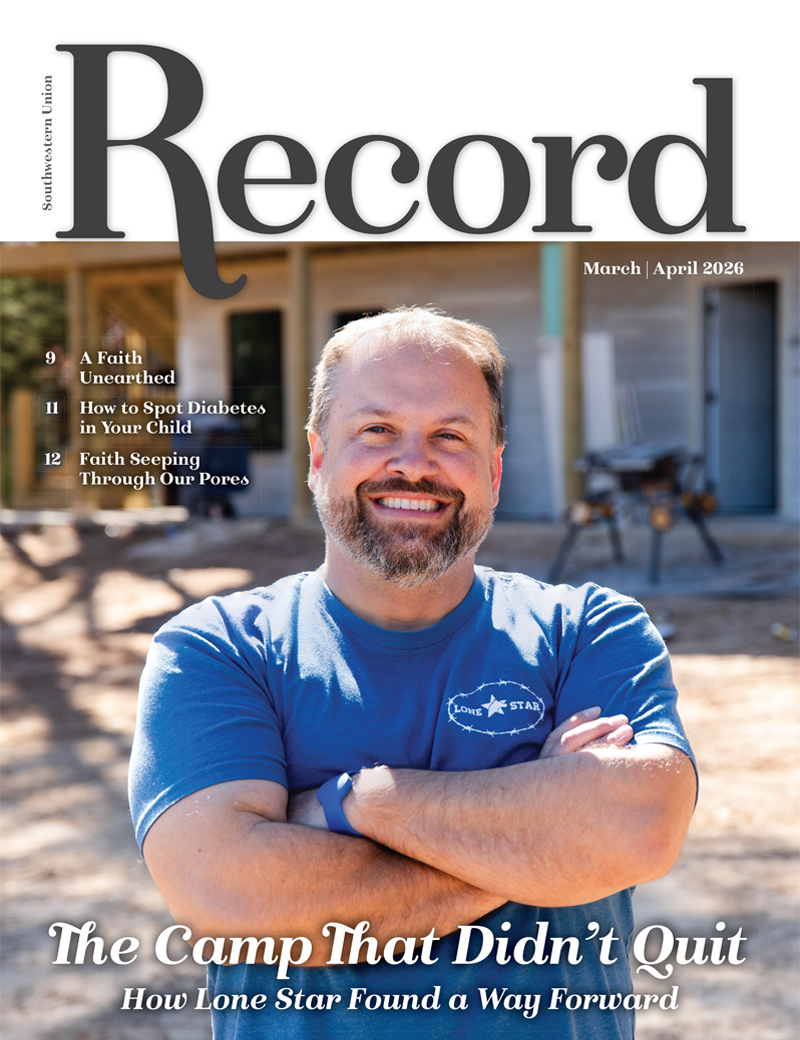Risky Love

“Whoever does not love does not know God, because God is love,” says 1 John 4:8. When God created us, He created us to love others the way He loves us. But unlike what popular culture tells us, God’s love is not based on warm or passing feelings. It is not a mere emotion, it is a choice that is rooted in serving and looking out for the best interest of others. God’s love is devoted, unrestricted, unrestrained, unconditional, unimpassioned, selfless and intentional.
In her article, “How God’s Love is Manifested,” published in The Australasian Union Conference Record on June 1, 1900, Ellen G. White writes that “true love is not merely a sentiment or an emotion. It is a living principle, a principle that is manifest in action. True love, wherever it exists, will control the life. Thus it is with the love of God. ‘God is love;” and in all His works, in all His dealings with mankind, His character is revealed.”
Nothing demonstrates God’s love more powerfully than the cross. When the agonizing decision was made for Jesus to come to earth to die for our sins, it was based on love for the human race. The greatest act of love the universe has ever witnessed was not based on fleeting feelings.
On the contrary, Jesus willingly and purposefully, with no expectations in return, stretched out His arms on the cross and displayed how much He truly loves us.
This demonstration was so stirring, that even the angels struggled to understand this profound act which in turn left heaven silent. The Bible calls this transcendent description of love, agape love, and it is the highest form of love. A “gift love,” or “universal loving kindness.” Agape love is radical, self-sacrificial, and it seeks to benefit the one who is being loved. It is motivated by free choice of the will. Author Max Lucado calls God’s love for us, a “risky love” because He goes out on a limb and takes a chance on us. He extends His sacrificial and unconditional love and risks not getting anything in return.
Next time you profess to have the love of God in your heart, I invite you to ponder on what your definition of love is. Is it fleeting? Is it “risky love”? Is it agape love? More importantly does it align with the words that Jesus left us in John 15:12-13, “My command is this: Love each other as I have loved you. Greater love has no one than this: to lay down one’s life for one’s friends.” If God loved us so much that He gave his life for us, how are we going to respond to His risky love? The key question is, are we going to love each other the way God loves us? Are we willing to take a risk to love each other, even the unlovable? My hope and prayer is that we do both. Love God and love our fellow men.
By Lee-Roy Chacon, President


